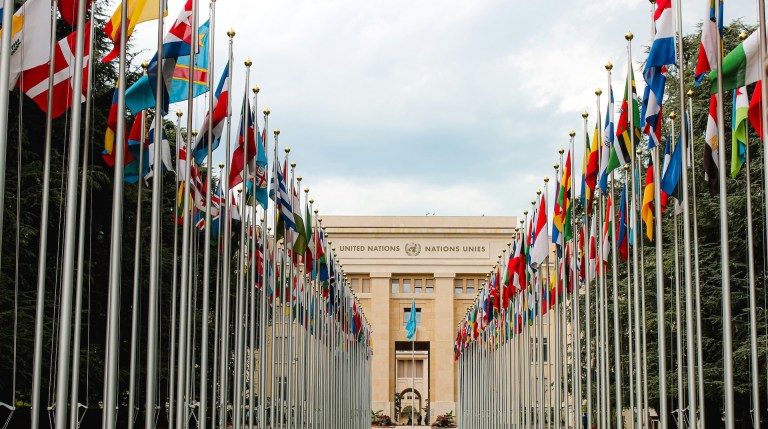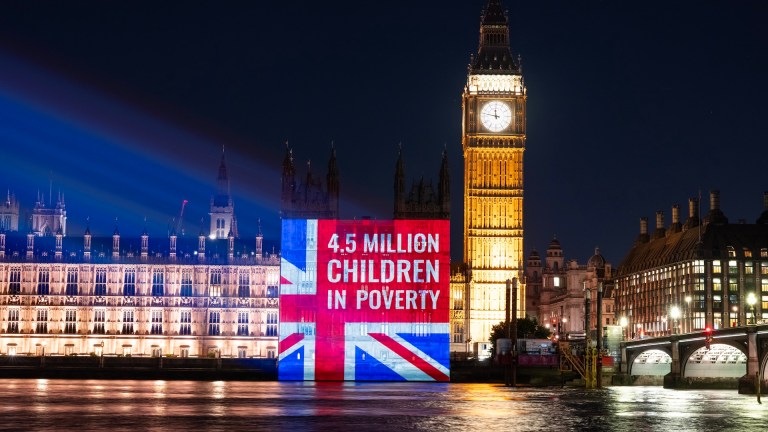“When someone is dying and has no family or friends to arrange their funeral, they should be able to find out from their local council what will happen to them after they die,” she said.
“For example, will they be buried or cremated and will their wishes be respected? A bereaved person who is unable to make funeral arrangements, for instance because they have no way of paying for them, should be able to contact someone at the council who can advise them.”
Matthew was determined to secure his friend’s ashes for Sam. He sought out the undertaker, who told him: “Yes, we do funerals for the council, I’ve got the paperwork here.”
There were two boxes to tick on the paperwork. One box was ‘family want the ashes back’ and the other one was ‘nobody wants the ashes’. “And [the person at the council] had ticked nobody wants the ashes. I was like, are you joking me?”
He wrote to his local MP and social services to complain, ultimately securing the ashes for Sam. But it “shouldn’t have taken that long”.
“We had an orphaned 11-year-old boy, and [the council] said, ‘That’s the rule, you can’t have the ashes,’” he recalled. “I mean, where’s the compassion?”
Advertising helps fund Big Issue’s mission to end poverty
In 2019 – the last year for which public data exists – local authorities across the UK organised over 3,800 council funerals. Testimony recorded by QSA reveals just how harrowing these can be to organise. In one case, a mother of two boys was told that they could not attend their father’s council funeral. In other cases, councils have told people that they have no choice over whether they are cremated or buried.
“Reaching out to a council for help in these situations can demand courage and involve a host of complex emotions,” said Mace. “The process needs to follow the law, be compassionate, simple and equitable.”
More broadly, high funeral costs are compounding grief for bereaved families. The average cost of a UK funeral in 2023 was £4,141, an increase of 4.7% on the year before. Meanwhile, 90,000 people die in poverty every single year, according to end-of-life charity Marie Curie.
The dual impact of grief and financial hardship can be “nearly impossible to bear”, says Pauline Eaglestone. The 47 year-old lost both her parents and her sister over just a few years.
“My sister found out she had three months to live with cancer. It was such a shock,” Eaglestone recalls. “She was my only sister and we were very close. I stayed with her all day and all night in the hospice.”
When her sister died, Eaglestone was “beside herself” with grief. “When it finally sunk in, I remember thinking: Where the hell is the money going to come from for the funeral?”
Advertising helps fund Big Issue’s mission to end poverty
A Down to Earth caseworker helped Pauline raise the funds she needed for a relatively inexpensive service, pointing her in the direction of appropriate charities. She “would have been very lost” without them.
“When the loneliness and isolation kick in, it is very difficult,” she added. “At that time, worrying about money just makes it worse.”
Some names in this story have been changed to protect the privacy of the people involved.
Do you have a story to tell or opinions to share about this? Get in touch and tell us more. This Christmas, you can make a lasting change on a vendor’s life. Buy a magazine from your local vendor in the street every week. If you can’t reach them, buy a Vendor Support Kit.










